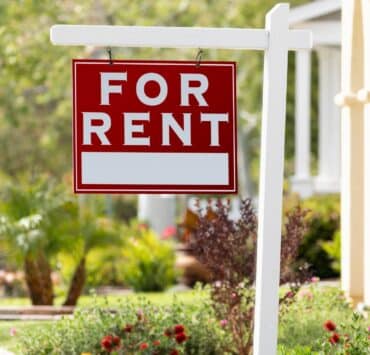Florida cash home sales are dominating the housing market, solidifying the state’s position as a leader in cash-only transactions. With over one-third of home purchases in the U.S. made in cash, Florida stands out, showcasing the adaptability of affluent buyers in a competitive market.

Why Florida Cash Home Sales Matter
The significance of Florida cash home sales lies in their profound impact on the housing market. Wealthier buyers, who can afford to pay in cash, navigate the pricey market more efficiently than typical buyers who need a loan. This trend underscores a growing disparity in homeownership opportunities, favoring those with substantial financial resources.
When buyers pay in cash, they can bypass many of the hurdles that come with securing a mortgage. This includes avoiding interest rates, bypassing lengthy loan approval processes, and eliminating the need for mortgage insurance. As a result, cash buyers can often close deals faster and negotiate better prices, giving them a significant advantage over buyers relying on financing.
Furthermore, the prevalence of cash home sales in Florida can drive up home prices, making it even harder for average buyers to compete. As affluent buyers and investors snap up properties, the reduced inventory can lead to increased competition and higher prices, pushing traditional buyers out of the market.

Florida Dominates Cash Home Purchases
New data from Redfin reveals that five of the top ten metro areas with the highest percentage of cash home purchases are in Florida. Jacksonville leads the nation with 54.4% of homes purchased in cash. Other notable cities include:
Tampa Bay, ranked eighth, boasts 42.8% of cash purchases, significantly above the national average of 34.5%. The median down payment in Tampa Bay is $39,702.

The Appeal of Cash Purchases
Florida cash home sales are driven by the perception of homes as safe and stable investments. According to Redfin’s chief economist, Daryl Fairweather, affluent buyers often treat homes like savings accounts. This approach provides multiple financial advantages that make cash purchases particularly appealing.
First, buying a home with cash eliminates the need for mortgage payments, which can be a significant financial burden. Without monthly mortgage payments, homeowners can save money and potentially invest those savings elsewhere. Additionally, cash buyers do not have to worry about fluctuating interest rates, which can increase the overall cost of a home purchased with a mortgage.
Second, purchasing a home with cash can make the buying process quicker and more straightforward. Cash buyers can often close deals faster because they do not have to wait for mortgage approval or deal with the various contingencies that come with financing. This speed and simplicity can be particularly advantageous in a competitive market where sellers may prefer cash offers for their reliability and quick closure.
Third, owning a home outright provides financial flexibility. Homeowners can borrow against their home’s equity if they need to access funds, giving them a line of credit that can be used for various purposes, such as home improvements, education expenses, or other investments. This capability turns the home into a financial asset that can be leveraged as needed.

The Role of Investors
All-cash offers in Florida are often made by investors, who have the financial means to avoid mortgages. In the Tampa Bay area alone, investors own 27,000 homes. While not all cash transactions are investor-driven, there is a clear financial benefit to avoiding interest payments in the current economic climate.
Impact on Traditional Buyers
The rise in Florida cash home sales has sidelined many would-be first-time buyers. Mortgaged home sales are down year over year, reflecting the lack of affordability in the market. As North Carolina agent and first-time buyer specialist Jeff Clay points out, buying a home in this environment requires a high income or dual household earnings.
Florida cash home sales are reshaping the housing market, highlighting the financial divide between affluent buyers and those needing loans. This trend underscores the need for strategies to support traditional buyers in achieving homeownership.
Related posts:
 Decline in Home Prices: Anticipating a Shift in 2024
Decline in Home Prices: Anticipating a Shift in 2024
 Maryland Governor Legislative Agenda: Military Families, Housing, and Public Safety in 2024
Maryland Governor Legislative Agenda: Military Families, Housing, and Public Safety in 2024
 Nashville’s Zoning Bills for Middle-Income Housing Spark Contentious Debate
Nashville’s Zoning Bills for Middle-Income Housing Spark Contentious Debate
 Tampa Affordable Housing Initiative Breaks Ground on New 188-Unit Building
Tampa Affordable Housing Initiative Breaks Ground on New 188-Unit Building
 Challenges Persist as Housing Market Faces Unyielding Conditions Ahead of Spring Buying Season
Challenges Persist as Housing Market Faces Unyielding Conditions Ahead of Spring Buying Season




